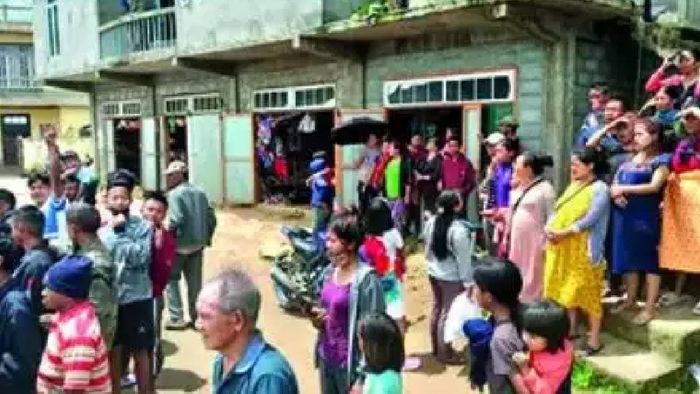CYMA urges Mizoram government to frame refugee policy for 42,000 displaced persons
The Central Young Mizo Association (CYMA), Mizoram’s most influential civil society body, has resolved to intensify its advocacy efforts to press the state government into formulating a structured and comprehensive refugee management policy for the more than 42,000 refugees and internally displaced persons (IDPs) currently residing across the state.

- Apr 10, 2025,
- Updated Apr 10, 2025, 10:26 PM IST
The Central Young Mizo Association (CYMA), Mizoram’s most influential civil society body, has resolved to intensify its advocacy efforts to press the state government into formulating a structured and comprehensive refugee management policy for the more than 42,000 refugees and internally displaced persons (IDPs) currently residing across the state.
According to CYMA General Secretary Malsawmliana, the Central Coordination Committee (CCC) of the association—the organization's second-highest decision-making body—held a crucial meeting on Wednesday to review progress made by a special committee previously constituted to draft refugee policy proposals.
The CCC concluded that the current arrangements are insufficient and called upon the Mizoram government to designate formal shelter locations and issue detailed guidelines for the governance and support of displaced persons from Myanmar, Bangladesh, and Manipur who have sought refuge in Mizoram.
This renewed call to action follows resolutions passed during the CYMA’s annual conference in October 2023, where the organisation strongly urged the government to put in place a clear, compassionate, and strategic framework to manage the growing humanitarian crisis.
An official from the Mizoram Home Department confirmed that the state is currently hosting over 42,000 refugees, including:
33,000+ from Myanmar’s Chin State,
About 7,000 ethnic Kuki-Zo individuals from Manipur, and
More than 2,000 Bawm refugees from Bangladesh’s Chittagong Hill Tracts (CHT).
These communities, comprising ethnic Mizo groups, share deep cultural and historical ties with the indigenous Mizo population, making their integration a sensitive and significant issue in the state’s socio-political landscape.
CYMA reiterated its commitment to supporting displaced persons while holding the government accountable for creating sustainable, humane, and legally sound mechanisms to manage the ongoing crisis.